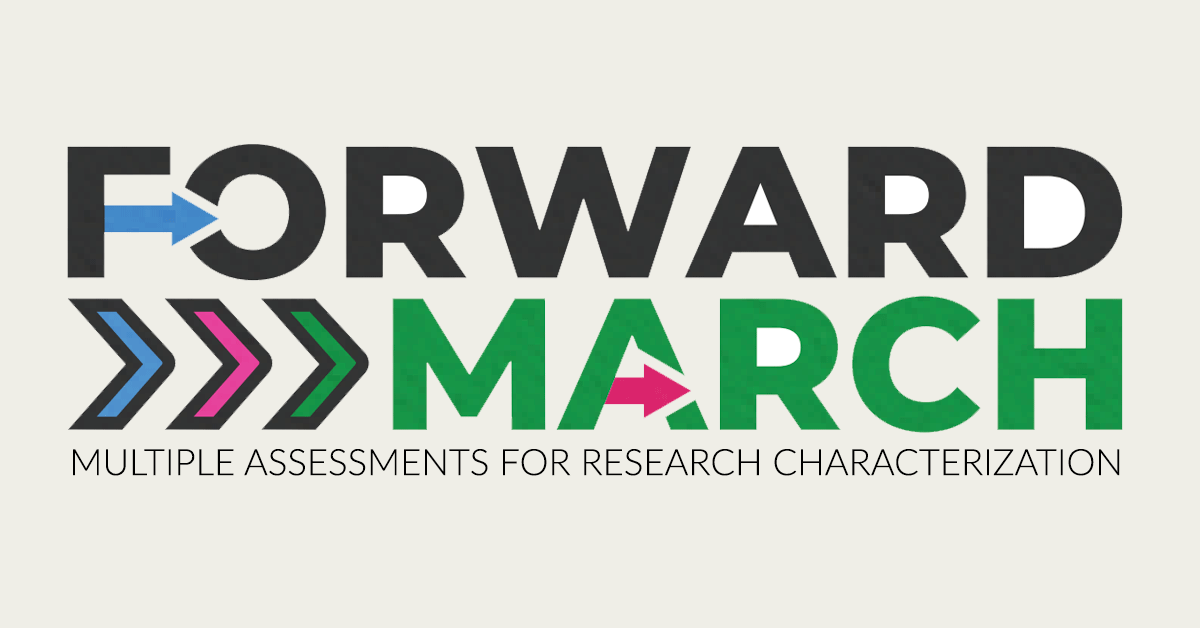Summary
Only one in four children and young adults with FXS met the physical activity guidance from the U.S. Department of Health and Human Services (HHS), which recommends children 6–17 years-old get one hour of physical activity every day, while adults need about 2.5 hours per week.
Slightly more than half of the children and young adults with FXS met the recommendation for an annual influenza vaccination.
Almost three out of four children and young adults with FXS met dental care guidance from the American Academy of Pediatric Dentistry (AAPD). The AAPD recommends children have their first dental exam at the time of their first tooth eruption, or by one year of age, followed by regular exams every six months for children and adults.
About nine out of 10 children and young adults with FXS received the recommended immunizations between birth and 18 years of age.
Why This Is Important
This research can help clinicians identify preventive care services that patients with FXS may need and focus on educating parents on reaching recommended preventative care objectives.
What Are the Next Steps
Published in Disability and Health Journal, researchers from the Centers for Disease Control and Prevention and other organizations presented FORWARD data on preventive services received by children and young adults with FXS. This research can help clinicians identify preventive care services that patients with FXS may need. This research helps examine the barriers to preventive care as well as further research to help identify vulnerable groups and access to services.




